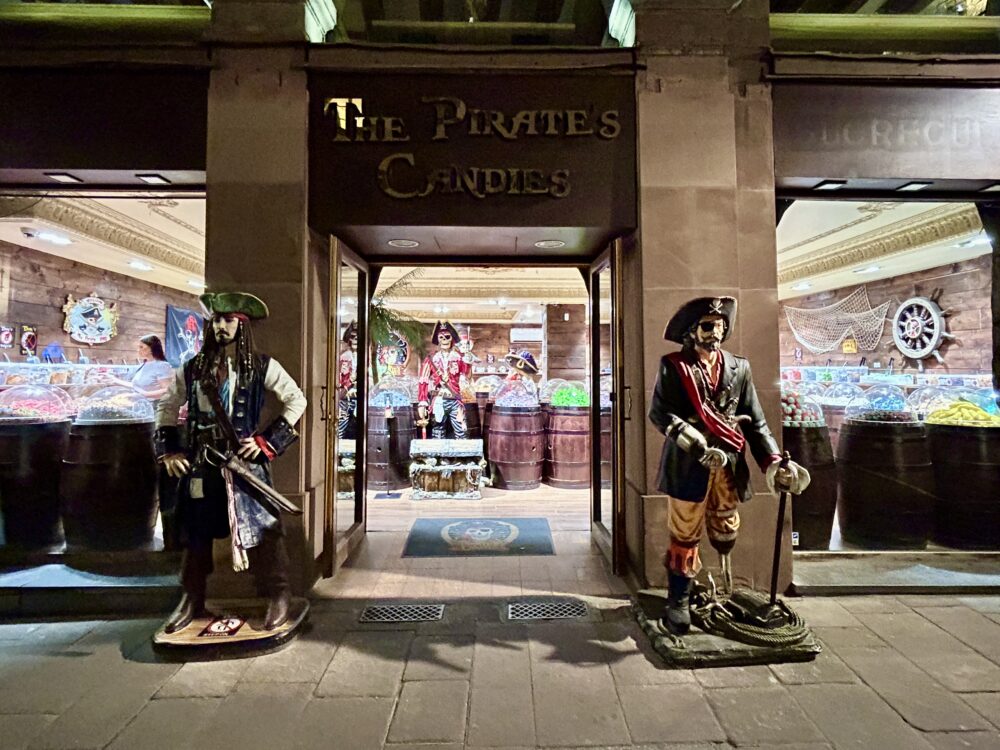Christmas is a time of joy and celebration for many people around the world, especially for children who eagerly await their presents.
n fact, there is a huge variety around Europe on which day the Christmas present is offered. It is an absolutely crucial question for children, and sometimes a source of confusion or envy.
In many countries, such as France, Germany, the UK, and Ireland, the tradition is to give and receive presents on Christmas Day, December 25th. Children usually hang stockings or leave shoes by the fireplace or under the Christmas tree, hoping that Santa Claus (or Father Christmas, Père Noël, Weihnachtsmann, etc.) will fill them with gifts during the night.
However, in some countries, the main day for gift-giving is Christmas Eve, December 24th. This is the case in countries such as Sweden, Denmark, Norway, Finland, Poland, Portugal, and Hungary. Children usually open their presents after a festive dinner, or sometimes before, depending on the family tradition. In some cases, the gifts are brought by Santa Claus, but in others, they are brought by different figures, such as the Christkind (Christ Child), the Julenisse (Christmas Elf), or the Joulupukki (Christmas Goat).
In other countries, the day for presents is not even in December, but in January. This is because some countries follow the Orthodox calendar, which celebrates Christmas on January 7th, or because they commemorate the Epiphany, which marks the visit of the Three Wise Men to the baby Jesus on January 6th.
In Luxembourg, children are spoiled twice in this season: on Nikloosdag, 6th December, and on one of the Christmas days.
Whether you get your presents on 6th, 24th or 25th December or even on 1st or 6th January, I wish you a Merry Christmas!
#christmas #presents #europe #traditions #children #culture #santaclaus #threekings













